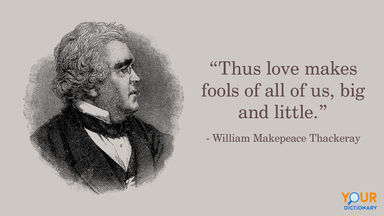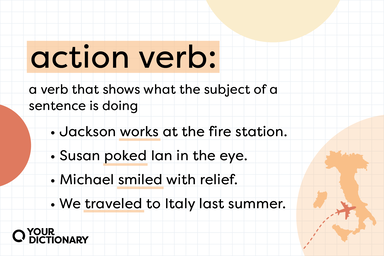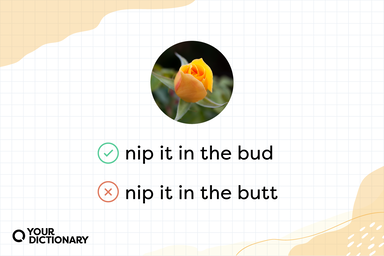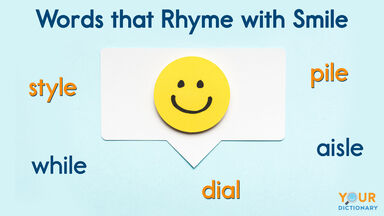Frown Definition
froun
frowned, frowning, frowns
verb
frowned, frowning, frowns
To silence, subdue, etc. with a disapproving look.
Webster's New World
To contract the brows and lower the corners of the mouth, as in displeasure, sternness, or concentration.
Webster's New World
To look with displeasure or disapproval (on or upon)
Webster's New World
To express (disapproval, disgust, etc.) by frowning.
Webster's New World
(intransitive) To have a frown on one's face.
Wiktionary
Synonyms:
noun
frowns
A facial expression conveying displeasure, sternness, or concentration, and consisting typically of a contracting of the brows and a lowering of the corners of the mouth.
Webster's New World
Any expression of displeasure or disapproval.
Webster's New World
Synonyms:
- scowl
- stern visage
- dirty-look
- forbidding aspect
- pout
- gloomy countenance
- grimace
- glare
- wry face
- glower
- lower
- black look
Antonyms:
Origin of Frown
Middle English frounen from Old French froigner to turn up one's nose from frogne grimace of Gaulish origin Welsh ffroen nostril and Old Irish srón nose
From American Heritage Dictionary of the English Language, 5th Edition
-
From Old French frognier (“to frown or scowl”), from Gaulish frogna (“nostril”).
From Wiktionary
Related Articles
Frown Is Also Mentioned In
Find Similar Words
Find similar words to frown using the buttons below.





